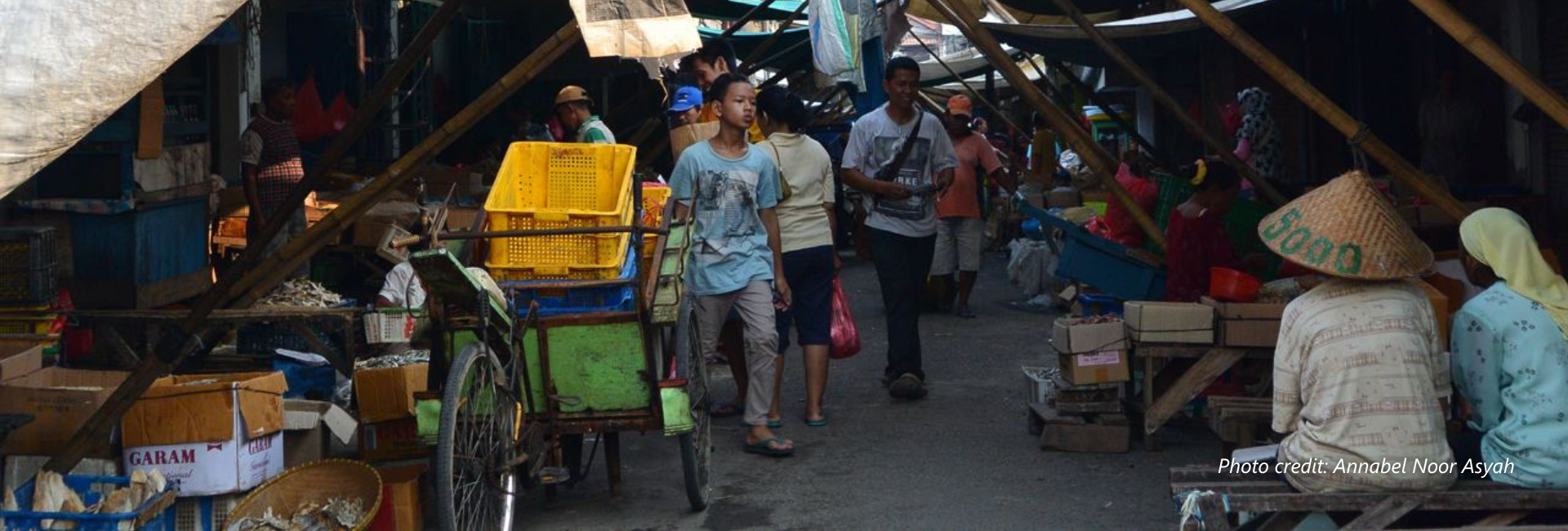The COVID-19 pandemic has triggered a surge in poverty rates in Bogor City over the past three years, according to data from the Statistics Indonesia (BPS) (2023). The poverty rate in Bogor City increased from 6.68% in 2020 to 7.24% in 2021. The number of people living in extreme poverty in the city also rose from 13,590 in 2021 to 14,450 in 2022. In response to this situation, the government has designated Bogor as a priority location for accelerating the eradication of extreme poverty in 2024.
The initial step in this endeavor is to develop the Bogor City Regional Poverty Reduction Plan (RPKD). The RPKD serves as a holistic guide in translating the national poverty reduction strategy into the local context of the city. The RPKD also plays a crucial role in enhancing the synergy and effectiveness of poverty reduction programs that have been implemented in Bogor.
The City’s RPKD outlines the current state of poverty in the region and presents an annual action plan to address it. SMERU provides technical assistance to the Bogor City Government (Pemkot) in preparing the RPKD, including document reviews, quantitative analysis, and qualitative analysis.
- To gain a comprehensive understanding of the poverty situation in the Bogor City and map it based on poverty characteristics
- To develop a development planning document for poverty reduction in the Bogor City for the next five years
- To formulate an annual follow-up plan for poverty reduction in the Bogor City as an implementation and actualization of the RPKD
- To formulate an annual action plan for poverty reduction in Bogor City as an elaboration of the RPKD
1. Document Review
- Review the effectiveness of poverty reduction policies and programs previously implemented in Bogor City
- Establish a clear understanding of Bogor City’s poverty reduction policy direction, guided by current programs and initiatives
- Explore alternative poverty reduction policies and programs
- Analyze the factors driving Bogor City’s economic growth
- Map the poverty landscape in Bogor City by assessing both demographic and geographic attributes
- Establish clear and measurable targets for poverty reduction
- Leverage data from BPS and Bogor City Government to analyze poverty, social and economic conditions in Bogor City
- Delve into the multifaceted nature of poverty in Bogor City encompassing economic, social, cultural, and political factors
- Analyze the root causes of poverty across different circumstances
- Analyze the poverty reduction policies in Bogor City



